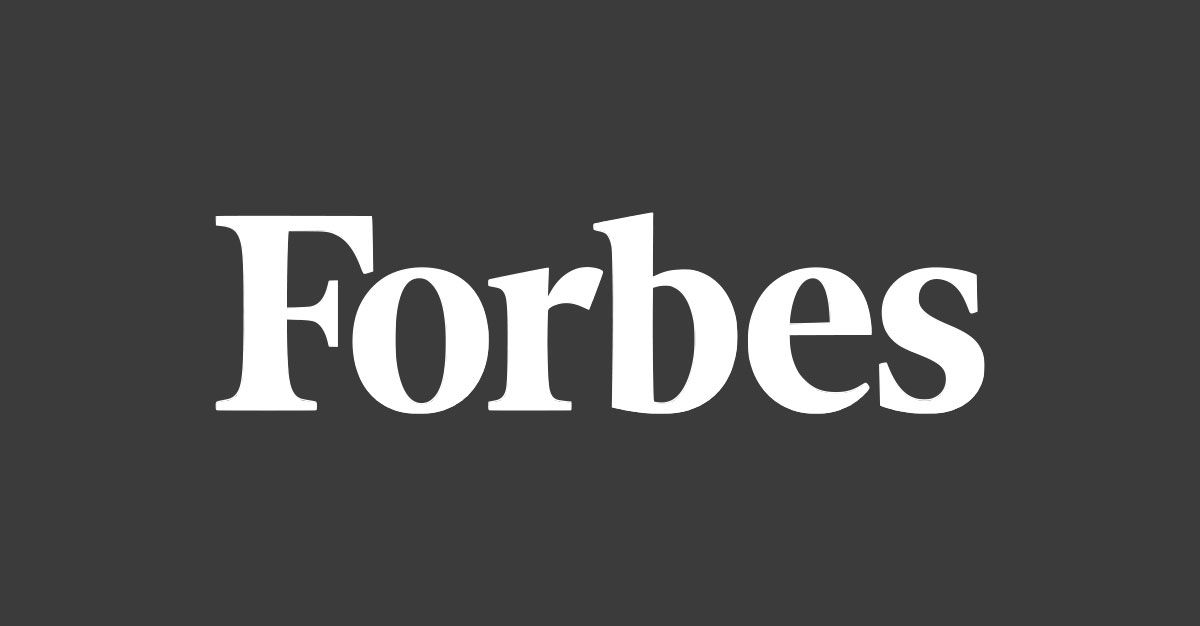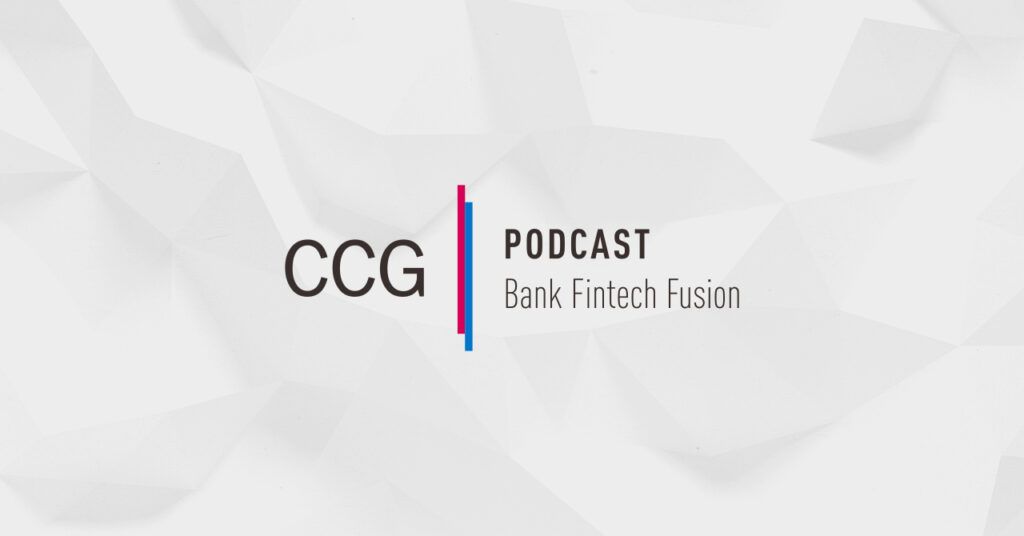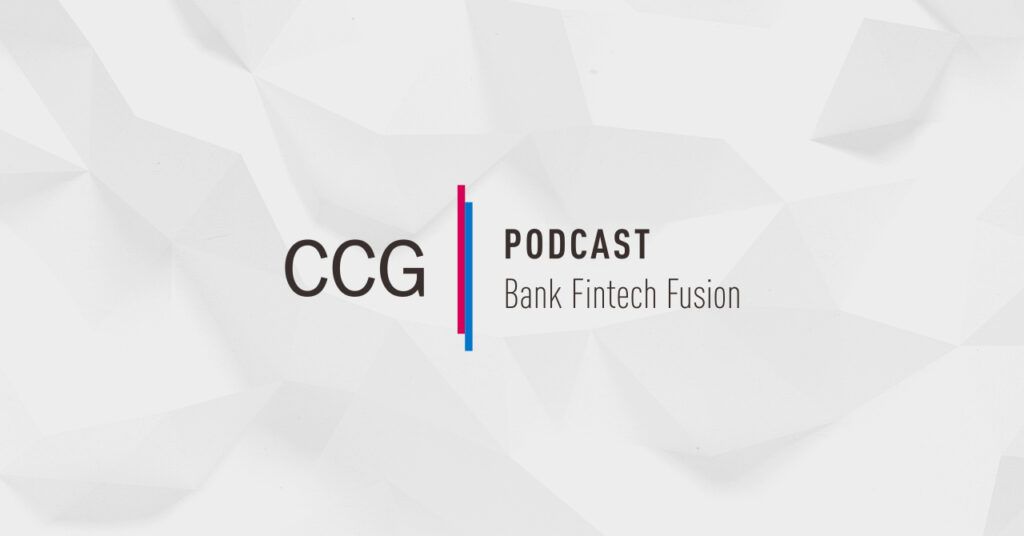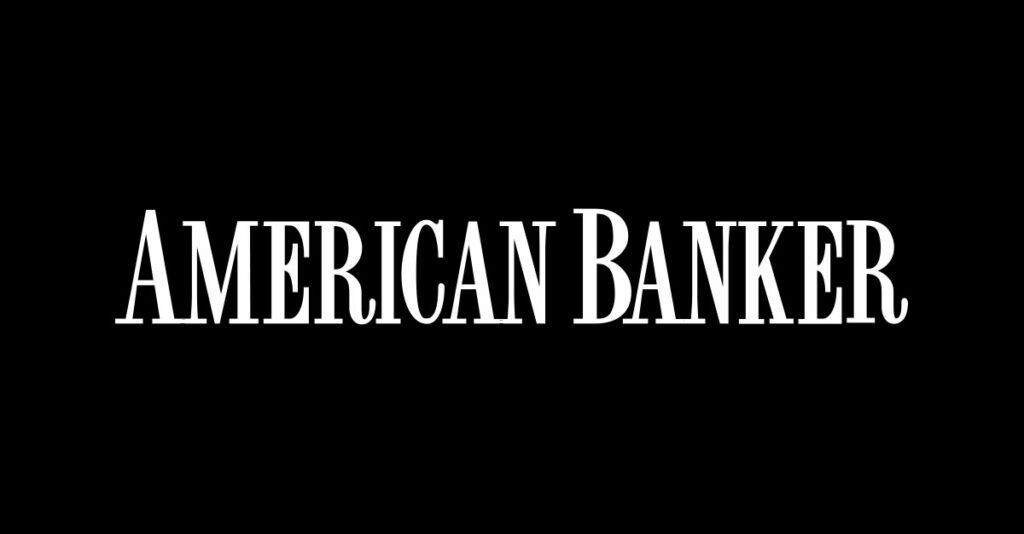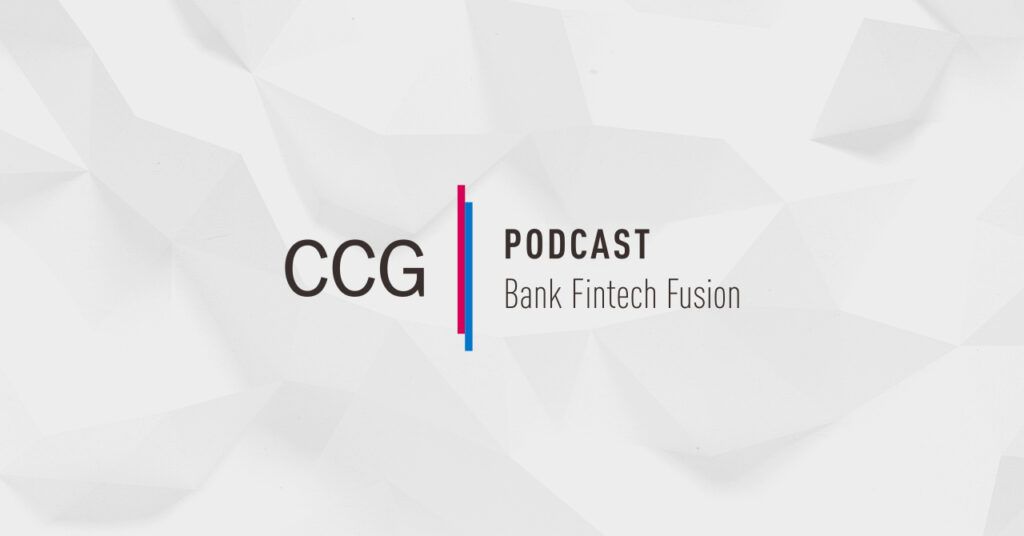Fintech Acquisitions Show Sector Strength Despite Covid-19
With Covid-19 continuing to rise, many in the fintech world have pondered what impact the virus will have. While the crisis may be causing a down round in terms of new funding in the space, it doesn’t seem to be slowing down mergers and acquisitions. The epidemic may not even register as a blip to future analysts of fintech M&A. The second half of June saw the payments company Square acquire European peer-to-peer payments startup Verse, Mastercard acquire API provider Finicity, and Credit Sesame acquire the Canadian challenger bank Stack, to name a few. June also saw a surprising fintech IPO in Lemonade, the New York-based insurance startup. Lower profile but no less interesting was wealth startup Tegra118. Led by Fiserv veteran Cheryl Nash, acquiring Illinois-based RetireUp. All of these acquisitions are interesting for different reasons and collectively tell a story of where fintech is likely going moving forward.
Square has seen significant revenue gains from its lending arm, Square Capital, and its cryptocurrency-trading service was one of the first in the industry. Square’s move into bitcoin trading has since been widely imitated, most recently by PayPal, which competes with Square in a number of key areas. Square’s scooping up Verse, a P2P app based in Spain that offers a debit card and social features such as expense-splitting among groups, may signal a growing seriousness about competing in Europe. Verse operates in 16 countries and as of last reporting in 2017, had 550,000 users. Square has faced stiff competition across the Atlantic from the likes of iZettle, acquired for $2.2 billion by PayPal in 2018. Fintech is a global business, but Square, compared to PayPal or Stripe, has been slow to expand internationally. Its card payment acceptance technology works in just a handful of countries outside the U.S., none of which are in continental Europe. Square is worth keeping an eye on as its’ market cap of $55 billion made it—for a time, anyway—more valuable than Truist, the country’s sixth-largest retail bank.
Mastercard’s acquisition of Finicity was not surprising, given their press release highlighting their open banking strategy and the fact that Visa acquired Plaid in January of this year. The larger players in fintech have followed this pattern recently, as was seen with Fiserv’s $22 billion acquisition of First Data and FIS’s acquisition of WorldPay for $35 billion. Just as Plaid may do for Visa, Finicity can offer Mastercard deeper connections to customer bank accounts, as well as connect banks (Mastercard’s customers) with fintech companies (Finicity’s customers.) The move also gives Mastercard the capability to support customer choice. Open banking enables consumers to allow access to their financial data to third party services, and is governed by regulations in many countries. The U.S. is not one of them, which makes large-scale efforts like Visa’s and Mastercard’s so important.
Continue reading “Fintech Acquisitions Show Sector Strength Despite Covid-19” on Forbes.
Subscribe to CCG Insights.

